Introduction
In the realm of technology, hosting plays a crucial role in making websites accessible online. It involves renting server space from a hosting provider to store website files and data. In this blog post, we’ll explore the concept of hosting and delve into the various types of hosting available.
Understanding Hosting

Hosting is a service that enables individuals and businesses to make their websites accessible to users worldwide. When someone types your website’s domain name into their browser, the hosting server delivers the requested files, making your site available online.
Different Types of Hosting
1. Shared Hosting
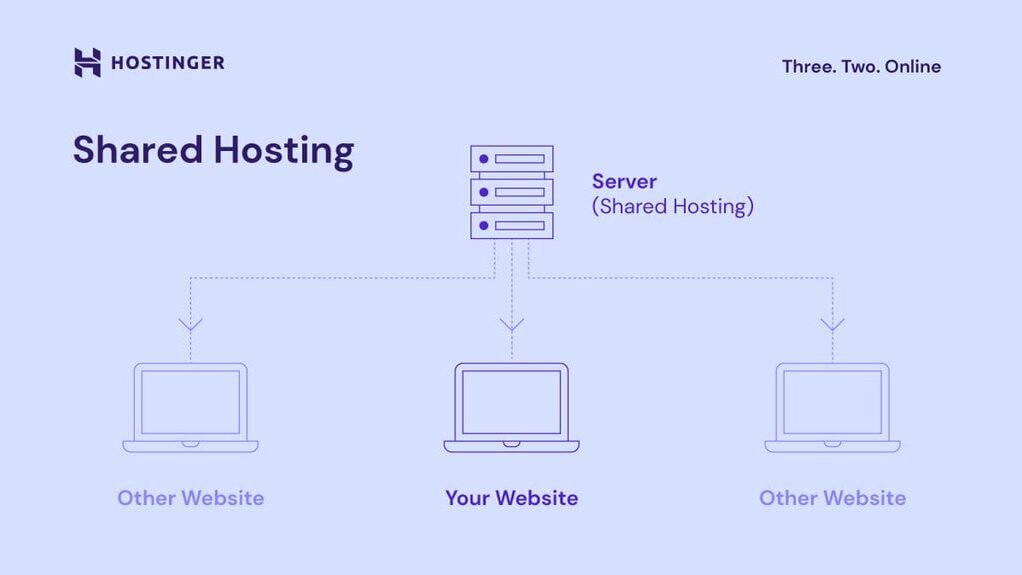
Ideal for beginners and small websites, shared hosting allows multiple websites to share resources on a single server. While it is budget-friendly, it may experience slower performance during traffic spikes due to resource sharing.
2. VPS (Virtual Private Server) Hosting
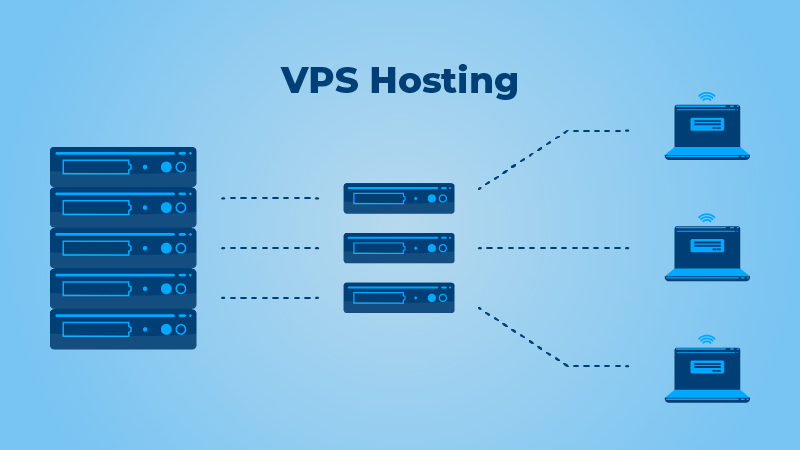
VPS hosting offers advanced features by dividing a physical server into multiple virtual servers. Each VPS operates independently with its resources, providing better performance, security, and customization options.
3. Dedicated Hosting
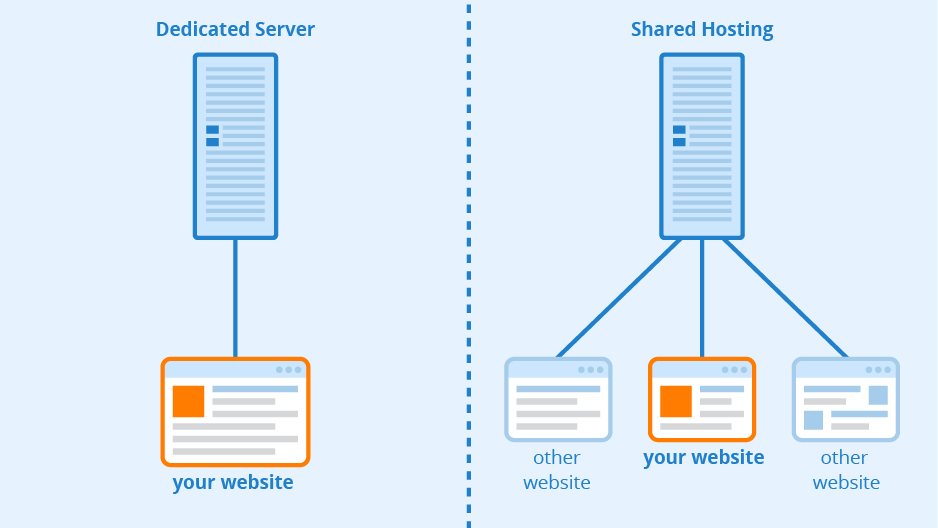
With dedicated hosting, you have an entire physical server exclusively for your website. This option guarantees optimal performance, security, and control, making it suitable for large businesses and high-traffic websites.
4. Cloud Hosting
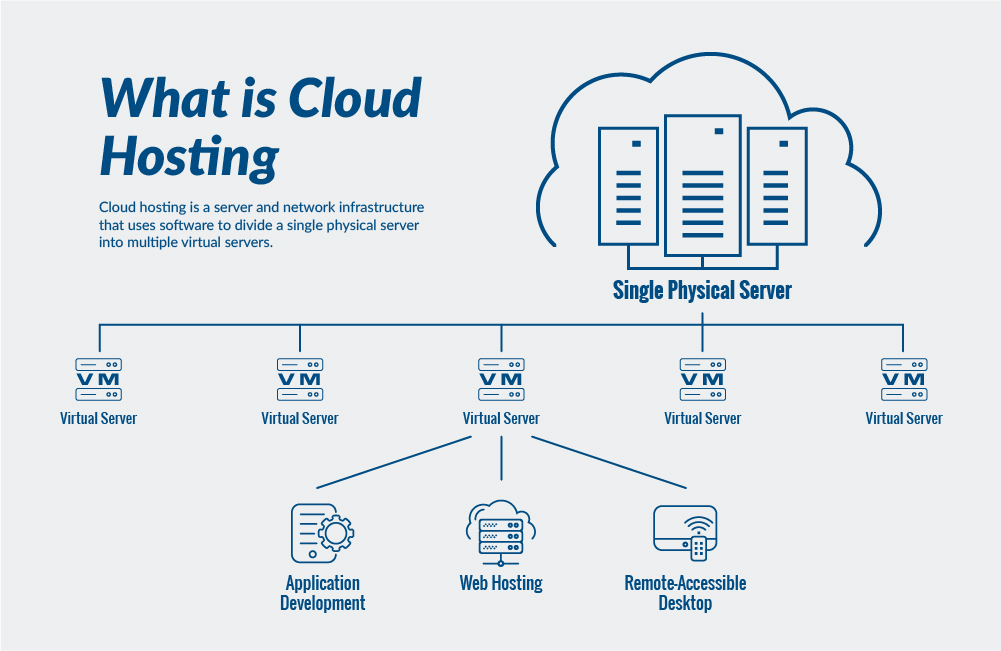
Cloud hosting utilizes a network of interconnected servers to host websites. It offers scalable resources, ensuring your website can handle fluctuating traffic. Cloud hosting is known for its reliability and minimal downtime.
5. WordPress Hosting

Specifically optimized for WordPress websites, this type of hosting offers one-click installation, automatic updates, and enhanced security to streamline website management.
6. Reseller Hosting
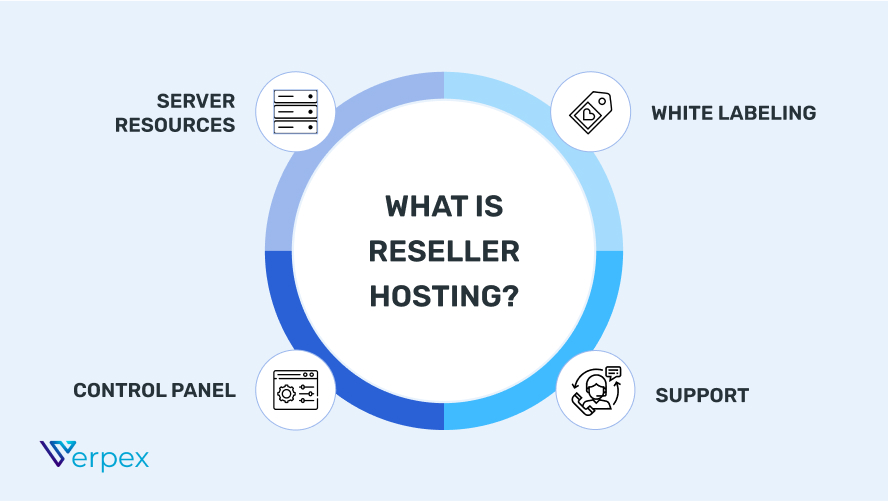
Reseller hosting allows individuals or businesses to purchase and resell hosting plans to others. It is an excellent option for entrepreneurs or web designers who want to offer hosting services as part of their packages.
7. Managed Hosting
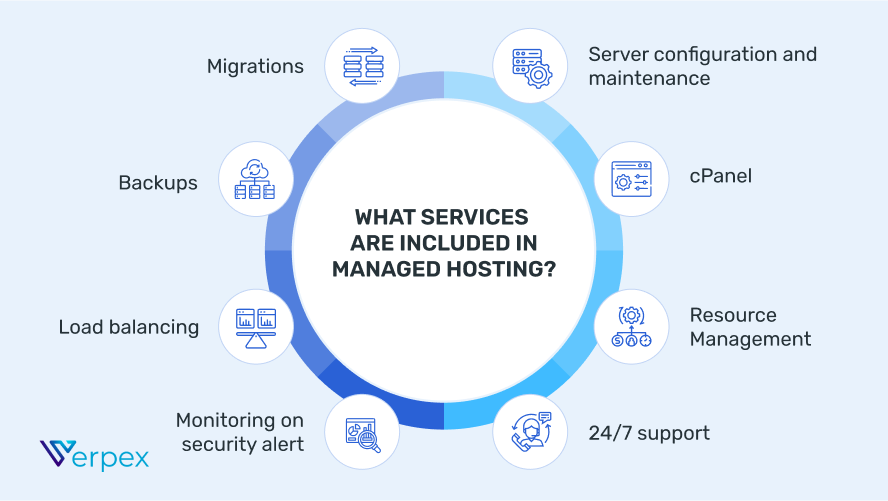
Managed hosting is a fully hands-off option where the hosting provider handles all server management tasks. This includes updates, security, backups, and technical support, allowing website owners to focus on their content and business.
Conclusion
Hosting is a foundational aspect of website management, ensuring your content is accessible to users globally. Understanding the different types of hosting options empowers website owners to choose the most suitable solution for their specific needs. Whether you’re just starting or managing a large-scale enterprise, selecting the right hosting type ensures optimal performance, security, and reliability for your online presence.














